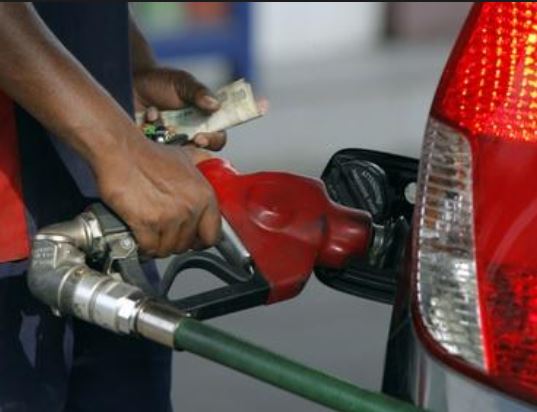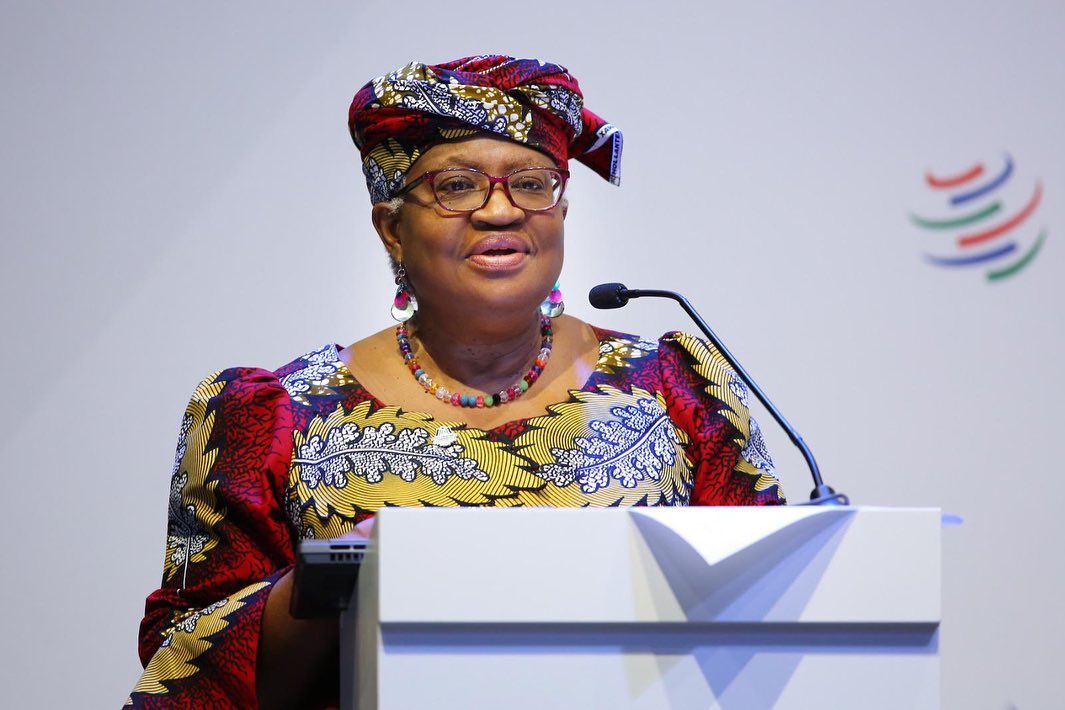A petroleum marketer has revealed the key reason behind the recent decline in Nigeria’s premium motor spirit (PMS) prices, attributing it primarily to the deregulation of the downstream oil sector.
Speaking anonymously, the industry expert clarified that while factors like increased local refining capacity and the Crude for Naira initiative have been cited, the main driver of falling petrol prices is competition enabled by deregulation.
Dangote Refinery’s Impact on Fuel Prices
The explanation follows Dangote Refinery’s latest price reduction, which dropped its ex-depot price to ₦815 per litre, down from ₦825 in the previous month. Despite this reduction, retail petrol prices remain between ₦860 and ₦880 per litre at MRS filling stations and other Dangote partner outlets.
A recent report also indicated that the landing cost of petrol had dropped to ₦774.82 per litre, making it cheaper than Dangote’s fuel, which previously stood at ₦825 per litre.
Petrol Prices May Drop Below ₦800 Per Litre
According to the marketer, fuel prices could soon fall below ₦800 per litre, although no specific timeline was given.
“The declining gasoline prices provide a much-needed relief to Nigerians and could help reduce inflationary pressure on the economy,” he noted.
He emphasized that deregulation fosters competition, which naturally drives down prices. However, he warned that prices could still rise depending on market conditions.
“The key to maintaining low prices is ensuring robust competition in the industry. No single entity should dominate petrol supply in Nigeria. If imports are restricted, local refineries may have no incentive to keep prices low.”
Why Petrol Prices Continue to Fall
The marketer also highlighted that the current price decline is partly due to the continued allowance of fuel imports.
“Prices are being forced down because imports are still allowed. Authorities must ensure that quality products are imported while balancing local production, total consumption, and imports.”
Ensuring Competitive Pricing in Nigeria’s Oil Sector
He stressed that while local refining of crude oil is beneficial, competition must be maintained to keep fuel prices affordable.
“Local refiners must have an incentive to keep prices low, and one way to achieve that is by allowing limited and controlled fuel imports. Additionally, local refineries have the option to export excess production to generate foreign exchange.”
With deregulation now in full effect, industry stakeholders believe that increased competition and market forces will continue to shape Nigeria’s petrol pricing landscape.






















